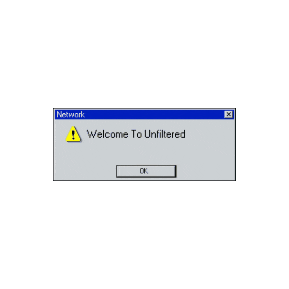I imagine in the future, where flying cars have replaced normal cars and roads, sickness and disease have been eliminated, and no more conflict and war, my future children will ask me: “Hey dad! What was the last PLP 9 project you did in 2021”? I’ll then respond and tell them:
“Our final project of 2021. I’ve only been in PLP for a little under 1 and a half years but its felt like forever. (Not in a bad way). 2021 was the year most of my grade 8 projects took place so 2022 will be like a fresh start for me. Before I can start a new year I must first reflect on past experiences so I know how to improve in the new year.
Revolution on Trial is a PLP 9 project that teaches us about: judicial practices, systems, proceedings, and all of the preparations that lawyers have to go through to make a case and present it to the jury or judge.
We also were splint into different groups and assigned a revolution to defend of cause of being effective or not effective.There was the American, Xinhai, French, and Haitian revolution. All of these revolutions had a prosecution and a defence team and was tried at a mock trial, presented at the PLP winter exhibition. But what did it take to get there? Don’t worry I know you readers are dying to know, so here’s what this project looked like and what I learned.
So unlike the projects of yesteryear in grade 8, milestones no longer exist. Here in PLP 9 we use keystones. Keystones are like groups of assignments that create an understanding for that subject. We had 3 keystones. 1.Why do revolutions happen? 2.What events happened? And 3. How do legal teams prepare for a trial?
So as you can see the focus was more on the revolution part of the project instead of law part of the project but it would become very important towards the end of the project.
In keystone number one the focus was on studying about the anatomy of revolutions and what triggers, what builds on, and what ends a revolution. This keystones assignments contained our reflection on our own revolution role play, the reading of animal farm, and the animal written response, connecting the book to the Russian Revolution of 1917. After its milestone we knew everything to know about how revolutions work.
Keystone number 2 was the fun part. Now we got to learn about or own revolution. I was assigned the American Revolution. Conveniently, I was knew quite a bit about the American revolution so that was nice. This keystone was mostly about connecting our revolutions to Crane Briton’s Anatomy of a revolution. We created a graphic organizer about or revolution, which is like a poster, explaining what happened, important people, continuity and change, and Effectiveness and Ineffectiveness of the revolution. After this keystone, we were experts of our revolution. Which we needed to be for the next milestone.
The final keystone, and my personal favourite was about law. It was called “how do legal teams prepare for a trial”. We were teamed up with the other American Revolution team. That also took the same steps as us to learn about the revolution. The two teams were split into the prosecution team and the defence team. Our job was to try the American revolution for being effective and ineffective. The prosecution would try and accuse the revolution of being ineffective, while the defence side was defending it as being effective. Now, Im not going to explain the entire revolution to you, but to sum it up, the British Government taxed the Americans for protecting them during the war, and the Americans revolted for independence. It’s pretty hard to argue that a revolution that created a new nation was ineffective. I was put on the defence team which was great but I wanted a little bit of a challenge.
We watched videos of movies and TV shows that contained court scenes. Wrote a legal Affidavit which is like a list of exhibits and and witnesses. And than we created a script for our mock trial. In doing so we wrote direct examinations of our witness, a cross examination of their witness, and they did the same. We wrote opening and closing statement. Once the script was written. We got to practicing inn the theatre. We practiced and practiced right up until the night of. And the rest of history.”
“And so kids, What your father did when he was in grade 9. Pretty cool. It was one of my favourite projects out of PLP il until that point. It was hard work. Because our group was missing a lot of people, but we made it work. We learned all about revolutions, how they work, and about court proceedings and how the courts work.”
And thats what Ill tell them.

Be First to Comment